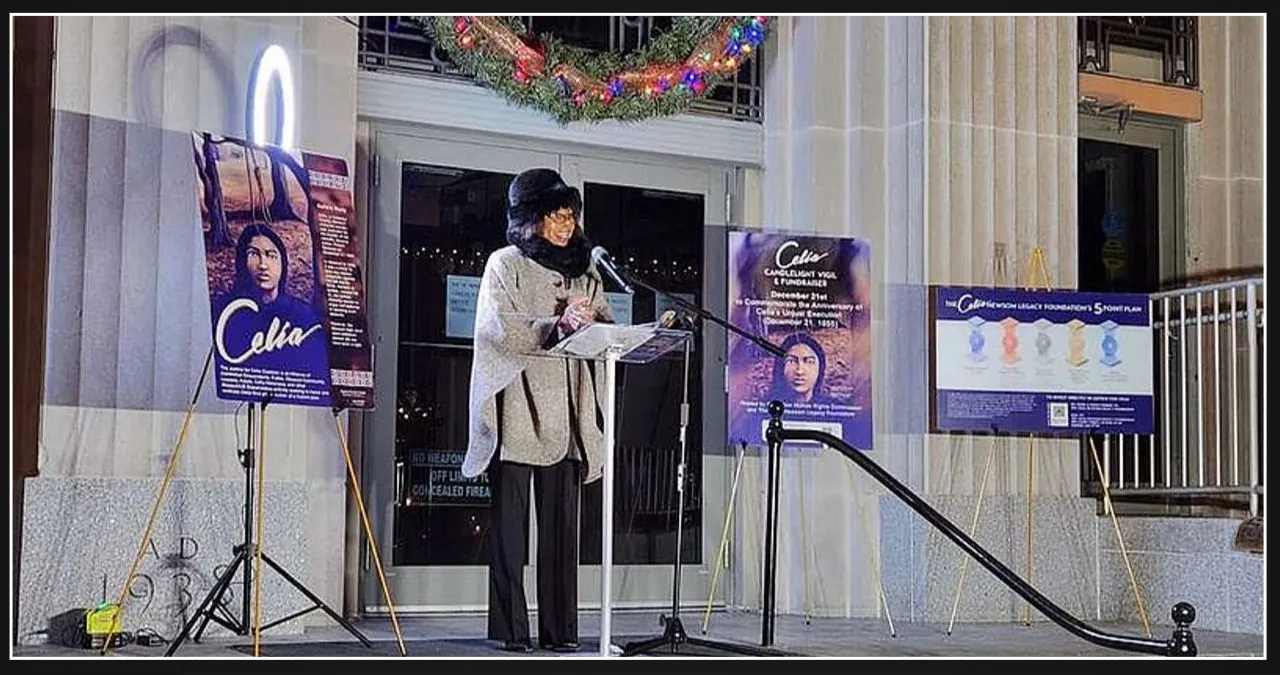A ruling from Judge Aaron Martin of Moniteau County in Cole County Circuit Court has declared a Missouri law passed in 2023, which mandated the redaction of all witness and victim names in court filings, as both unconstitutional and unenforceable. The ruling was made on Friday, December 20, 2024.
Chad Mahoney, the President and CEO of the Missouri Broadcasters Association, expressed his belief that the recent victory is not only beneficial for journalists and lawyers, but also for every individual residing in Missouri and anyone who values government transparency.
The MBA has consistently maintained that the language included in Senate Bill 103 of 2023, without any hearings or public input, is unconstitutional for multiple reasons.
The MBA, Gray Local Media, and co-plaintiffs initiated a lawsuit earlier this year. (Michael Gross et al. v. State of Missouri et al., Case No 24AC-CC04658) On December 4, Judge Martin presided over the hearing for their motion, which sought a judgment declaring the law unconstitutional under the First Amendment of the federal constitution and the “Open Courts” provision of the Missouri Constitution. Just 16 days later, Martin delivered his judgment.
“I am pleased that Judge Martin has acknowledged the unconstitutional nature of the blanket ban on including witness and victim names in court filings,” expressed Mark Sableman, attorney for the MBA. “By issuing this order, he has reinstated the longstanding transparency and openness of Missouri court filings, which has been the norm for centuries up until last year. Now, the public, including journalists, citizens, and researchers, can once again gain a comprehensive view of and comprehend the proceedings in our courts.”
All lawyers and judges in Missouri were mandated by a new law to redact the names and personally identifying information of witnesses and victims from court filings. This requirement extended to judicial orders and opinions as well. Since the law took effect in August 2023, any references to witnesses and victims in Missouri judicial rulings were limited to initials, relationship phrases, and other ambiguous indicators.
Mahoney explained that news organizations require facts and context in order to provide a comprehensive account of the truth. He further stated that due to heavy redaction of documents under this broad-brush statute, a significant amount of context has been missing, making it challenging for MBA member stations to effectively inform the public. Mahoney expressed satisfaction with Judge Martin’s ruling, deeming the law unenforceable and allowing journalists to resume their role of fully informing the public about court proceedings.
The court has ruled in favor of MBA and its co-plaintiffs on their federal and state constitutional challenges. However, the court did not agree with the plaintiffs’ claim that the redaction provisions violated the original purpose, single subject, and clear title requirement for legislation. These claims were made regarding the way the redaction provisions were passed in a long omnibus bill that included many other statutory changes.
Regarding the pending claims, there is one more claim that is yet to be resolved. This claim is in connection with the state constitutional provision that restricts the legislature’s ability to modify judicial rules. The court has rejected the State’s request to dismiss this claim, and the plaintiffs have not yet asked for a ruling on it.
Read the Partial Judgement on the Pleading: mba-partial-judgment-on-the-pleadings







